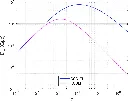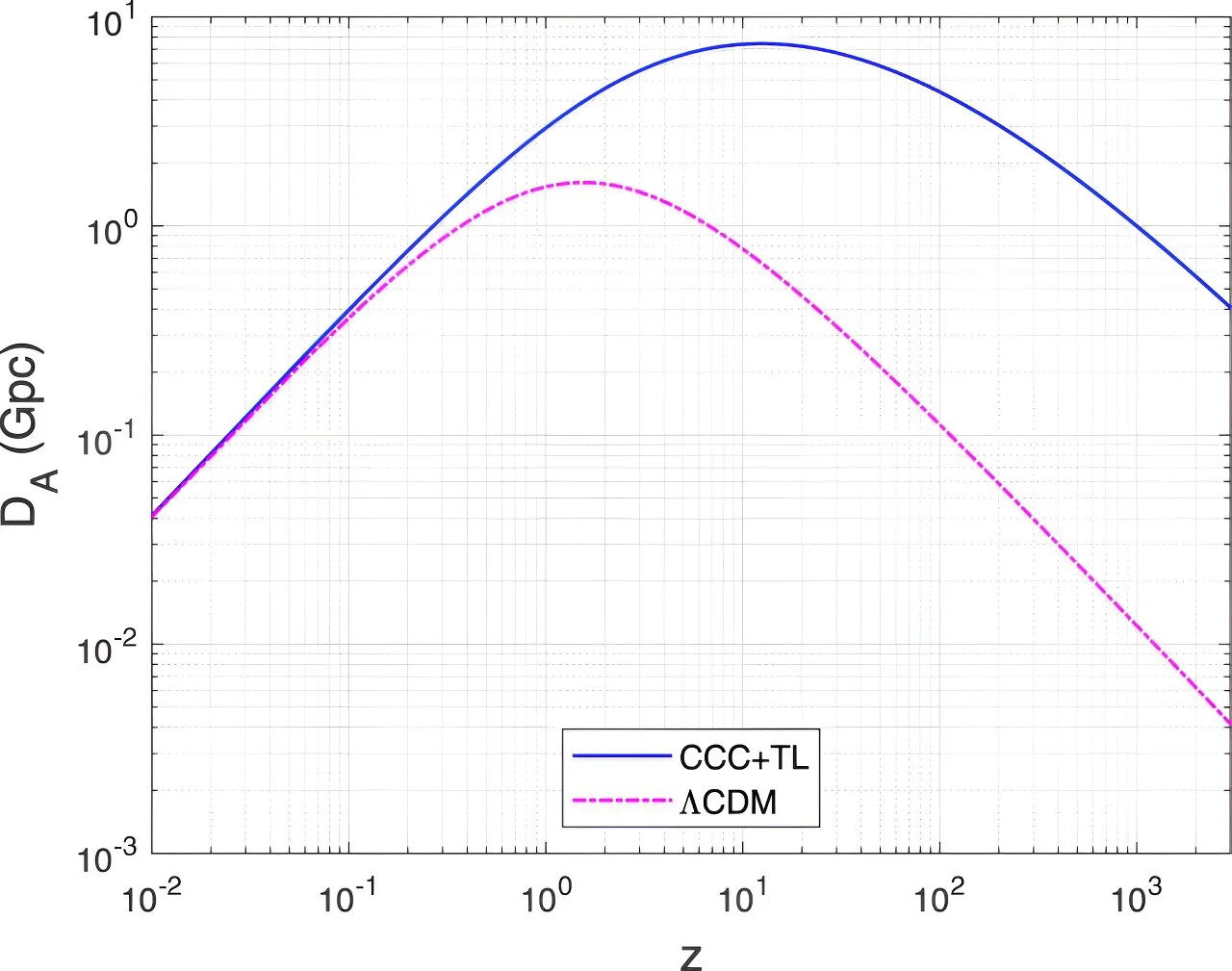New research suggests that our universe has no dark matter
New research suggests that our universe has no dark matter

phys.org
New research suggests that our universe has no dark matter

New research suggests that our universe has no dark matter

New research suggests that our universe has no dark matter
